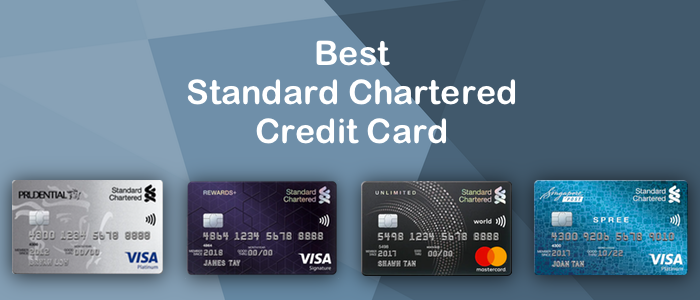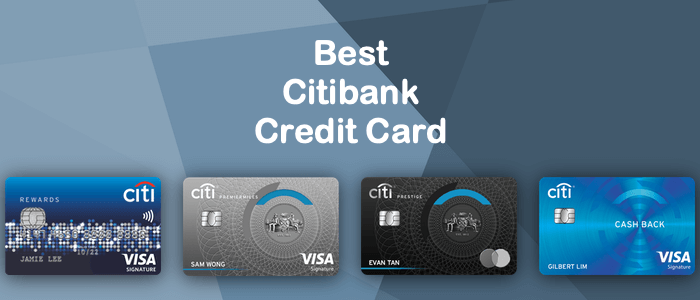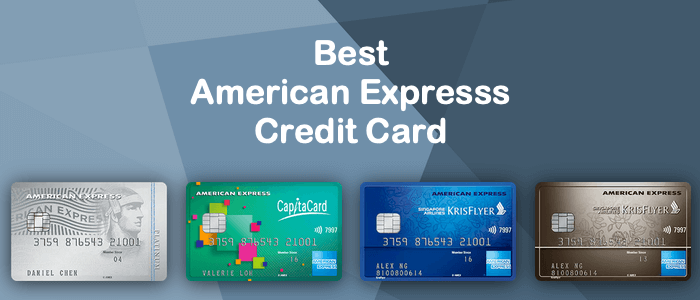
Looking to buy a new house this year? Investing in a new car after getting a fat bonus? This would likely mean that you need to take a loan for that big ticket item. But before you are able to take out a loan, have you wondered about how you rank on the credit-worthiness scale?
If you care enough about your credit reputation and to ensure that you have a painless process when it comes to loan application, here are some of our tips for you to ensure you keep your credit score up in good books:
- Stay out of bankruptcy
This is perhaps the most important when it comes to a good credit record. Bankruptcy is the most catastrophic impediment to your good credit reputation — far worse than delinquencies and loans.
- Timely payment of bills is not enough, make sure you foot the full amount!
Late or missed payments will certainly lower your credit score. Be sure to check your bills to see when payments are due. Late fees and interest charges add up quickly and tend to keep growing. Payment history is an important factor in determining your credit worthiness. Since recent history carries more weight than what happened three years ago, getting in the habit of making on-time payments is probably one of the best ways to improve your credit worthiness.
- Minimise the application of multiple credit lines
New credit card offers can be super alluring – free vouchers, luggage, no-strings attached cancellation, sing up bonus miles… While it may be fine to sign up for a new credit card because of their attractive dining privileges or cash rebates, it is a bad idea to sign up for several at once. This sends a signal to creditors that you are desperate for credit and are risky to lend to.
- Cancel unused credit cards
If you have many credit card accounts but are only two of them, it is a good idea to cancel the ones you don’t usually use. However, it is advisable to keep the cards that you have had the longest and cancel the new ones as a long record of prompt payments will improve your credit worthiness.
- Do you need a credit or a debit card?
When you charge a purchase on your credit card, you have a month’s period to pay the bill. By paying promptly, it will be to your benefit as you’re taking advantage of the card issuer’s money as a no-interest loan. On the flip side, you incur a very high interest rate if you fail to pay the full amount or are late in your payments. When you charge a purchase to a debit card, your bank will deduct from your deposit account immediately. If you do not have sufficient funds in your bank account, the transaction will not be accepted. Therefore, having a debit card is perhaps the safest way to spend because you are not spending money that you do not have.
- Do not close accounts with outstanding debt
Closing accounts before they are paid out in full can hurt your credit reputation because it looks like you are trying to avoid paying up your debts. If you are planning on not using a certain credit card anymore, you should wait to close it until after you have paid it off.
- Review your credit report regularly
Your credit report is a record of your credit payment history compiled from different credit providers. As most lenders will check your credit history to assess your credit worthiness before deciding whether to approve your loan application, a good credit repayment history helps. By reviewing your credit score regularly, it allows you to be aware of any information that is uploaded on your credit file that might be detrimental to your credit reputation. The other advantage of monitoring your credit file is that it protects against possible fraudulent use of your personal details to obtain credit.





